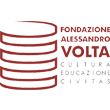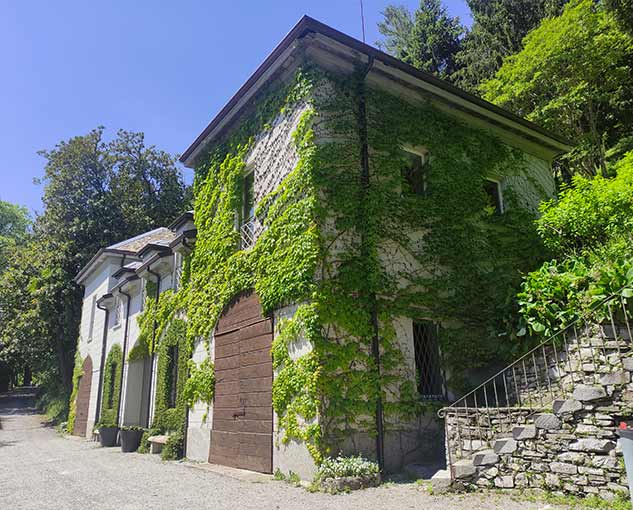DIGITAL METHODS FOR CRITICAL CONSUMER STUDIES
Artificial intelligence as a methodological resource and
its applications for consumer culture research
22 – 26 September 2025



School description
In the last decade Digital Methods established themselves as the main methodological paradigm for studying the Internet from a sociological perspective. Over the years, thanks to Digital Methods, scholars have cast light upon several key and emerging socio-cultural phenomena, such as the ‘like economy’, echo-chambers, the platformization of the Web, social bots, fake news – just to name a few. Since the beginning, Digital Methods privileged politics as their main field of research -intended as both the politics of the medium (e.g., algorithms) and politics within the medium (e.g., climate change). Curiously enough, consumption and consumer culture received scarce attention within Digital Methods studies. This amounts to be a notable gap, since consumption is not simply one topic among others that might be interesting to explore through Digital Methods, but rather a key phenomenon that underpins the logic of functioning of the contemporary digital landscape. Consider for example that, among the top applications that dominate the contemporary 2.0 Web (as well as govern its functioning), there are (private) companies like Google, Meta, Amazon, Uber and Airbnb, whose business models consist in extracting data from consumers in order to deliver them consumer products, experiences and advertising. Moreover, most of the more interesting current consumer phenomena are natively digital, such as ephemeral consumption, influencer marketing or brand publics. Nevertheless, few consumer culture and marketing scholars addressed those phenomena by using Digital Methods. Indeed, a more systematic focus on Digital Methods and Consumer Studies means advancing both the disciplines.
Therefore, the overarching scope of the Summer School is two-fold. On the one hand, it aims at introducing students to the basic Digital Methods’ concepts, strategies, techniques, and tools. On the other hand, it teaches and stimulates students to apply such methodological arrays to consumer-related topics. In doing so, the School aims at fostering students’ ‘activist’ attitude towards digital data by encouraging them to take seriously the ethics of digital research as well as the redistribution of the social value of digital data to the public.
This year the School will be dedicated to the theme of artificial intelligence as a methodological resource and its applications for consumer culture research. Artificial intelligence is gaining traction within the public. In particular, public attention has been dominated by a specific form of AI: large language models (LLMs). LLMs, such as Google’s LaMDA, and OpenAI’s GPT, or LAION’s Stable Diffusion, are models trained on large amounts of textual/visual data using machine learning techniques. This allows LLMs to ‘understand’ inputs and create new content, such as text, images, sounds, or videos as well as carry conversations, answer questions and create code. Large language models have been increasingly considered for consumer research, for example to generate new insights on customers. However, there is a lack of empirical research on how LLMs might inform and affect patterns of consumption, for example due to the use of situated training data. More broadly, reflections on how LLMs can be used as a method are becoming increasingly relevant, as are their links with data extraction mechanisms as well as a variety of ethical concerns.
Specifically, we will address AI and its nexus with consumer culture empirically, through four main lines of research: (1) AI as both an object and tool for doing consumer culture research; (2) understanding the AI’s ‘point of view’ on brands and products (e.g., what kinds of traces do brands/products leave on AI’s trained datasets or models?); (3) exploring synthetic imaginaries of brands and products; (4) investigating the role of AI (e.g., bots, synthetic content, etc.) on social media – (especially within consumer contexts and environments).
Beyond the overarching theme of the Summer School, the students will be introduced to the main aspects of Digital Methods research, such as data collection, network analysis, digital content analysis, visual analysis, cross-platform analysis, data visualisation. The course will be delivered using a mix of keynote speeches, frontal lessons, hands-on activities, and group works.
In collaboration with
- SOMET (PhD Programme, University of Milan & Turin, https://www.nasp.eu/training/phd-programmes/somet.html)
- Milan School of Media and Communication (University of Milan, https://msmc.unimi.it/)
- PhD in Communication Science and Practice (University of Pavia, https://scienzepolitichesociali.dip.unipv.it/en/education/post-graduate-programs/doctorates/phd-communication-science-and-practice)
A beautiful location
Lake Como School of Advanced studies is located c/o Fondazione Alessandro Volta in the beautiful setting of Villa del Grumello, in Como, Italy

Venue & Accommodation
The Lake Como School of Advanced Studies is an international research facility. We run fellowships, short term programmes on a wide range of interdisciplinary subjects, that share a common focus on complex systems.